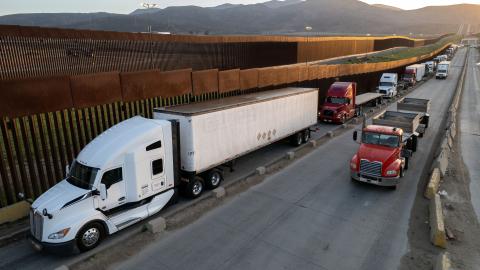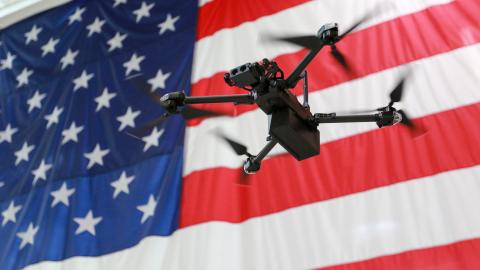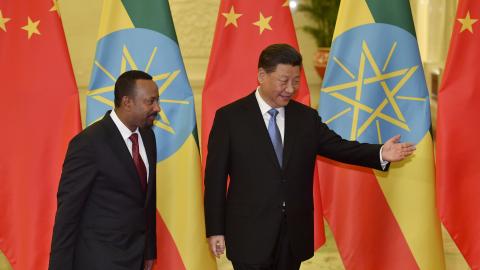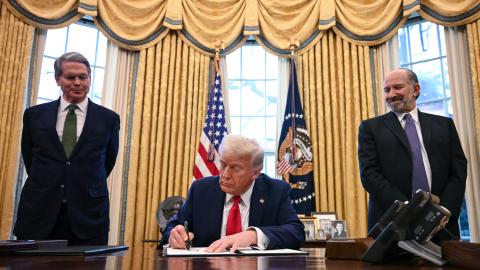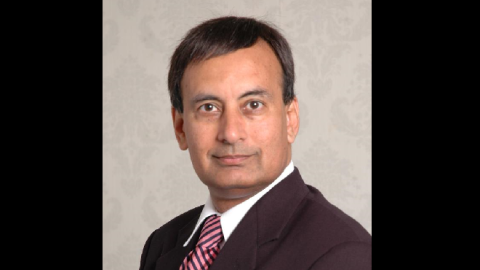Pakistan may well be the most dangerous nation in the world. It is riven by religious extremism and sectarian violence. Successive governments have failed to provide decent education, health care or economic growth. About two-thirds of Pakistan's nearly 200 million people, live on less than two dollars a day. And, of course, Pakistan has the bomb.
In December, 1946, Muhammad Ali Jinnah, the founder of Pakistan, recorded an address to the people of North America, expressing his hope that one day, his country would be a stable, well-governed nation like the United States and Canada.
Jinnah's vision was never realized. The separation of India was marked by riots in which as many as half a million people were killed. And in Pakistan, the violence continues to this day. Over the last few months, a political crisis has gripped Pakistan, as protestors demand the resignation of Prime Minister Nawaz Sharif.
To explain why Pakistan has failed to fulfill the promise of its founder, Michael is joined by Husain Haqqani and Farahnaz Ispahani, who have spent their careers fighting to improve the lives of their fellow Pakistanis.
Ms. Ispahani is a journalist, and was a member of the Pakistani parliament; her husband, Mr. Haqqani, was Pakistan's Ambassador to the United States from 2008 to 2011. They are both passionate advocates of liberal, secular values, democracy and the rule of law.
It has cost them. Ambassador Haqqani was forced to resign over allegations that he had sought U.S. help to head off a possible military coup. He has received numerous death threats. Ms. Ispahani was stripped of her seat in parliament, ostensibly because she holds dual U.S.-Pakistani nationality. They now live in exile in the United States.
Ambassador Haqqani is director for South and Central Asia at the Hudson Institute in Washington; his most recent book is Magnificent Delusions: Pakistan, the United States, and an Epic History of Misunderstanding. Ms. Ispahani was a public policy scholar at The Wilson Center until June; her forthcoming book on religious extremism is called Waiting to Die.
A few years ago the couple was included in Foreign Policy Magazine's list of Top 100 Global Thinkers, for "pushing tough love for their troubled country."


